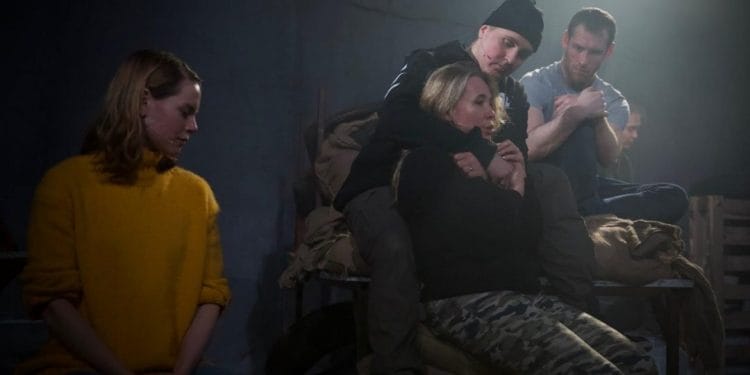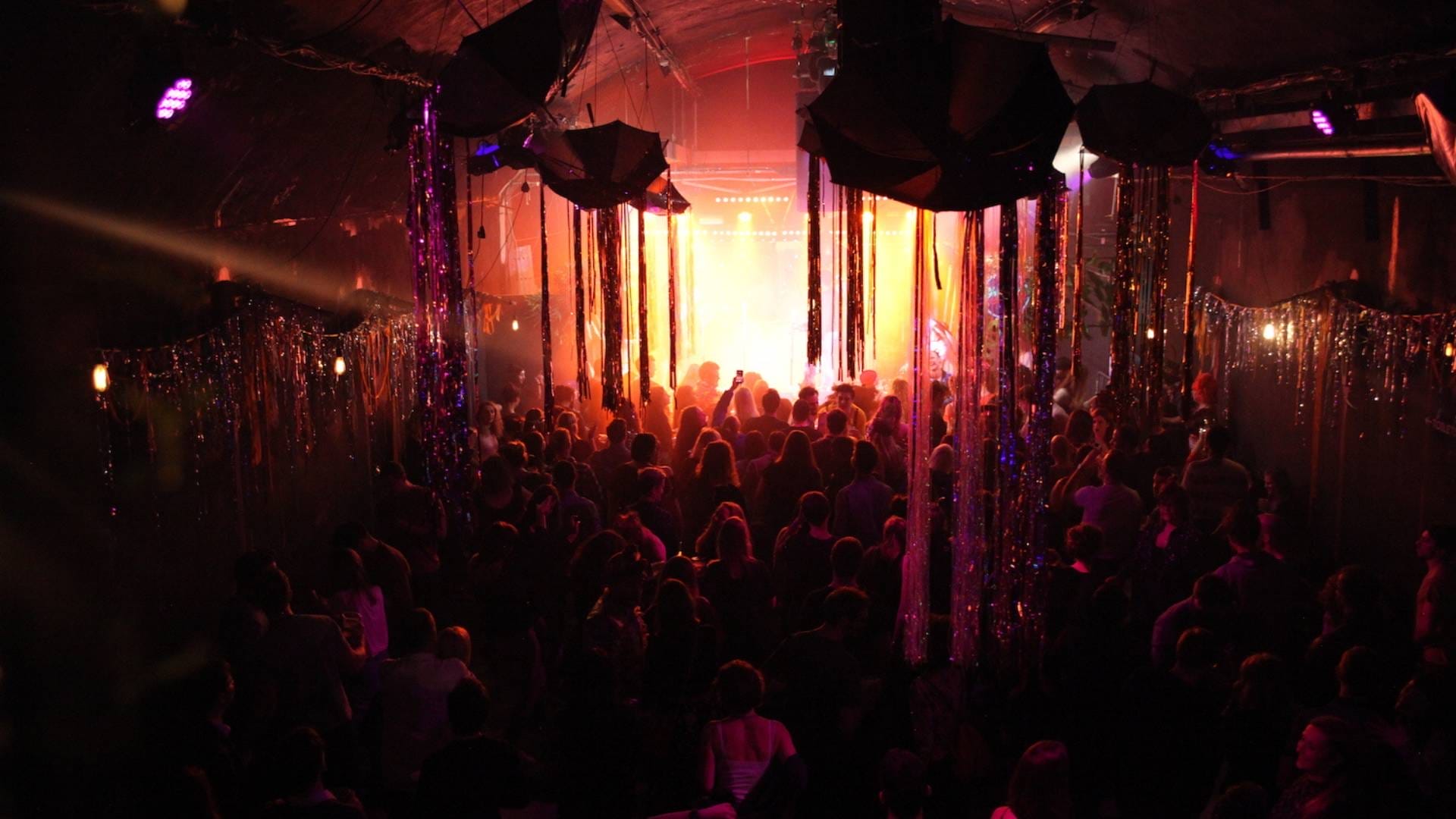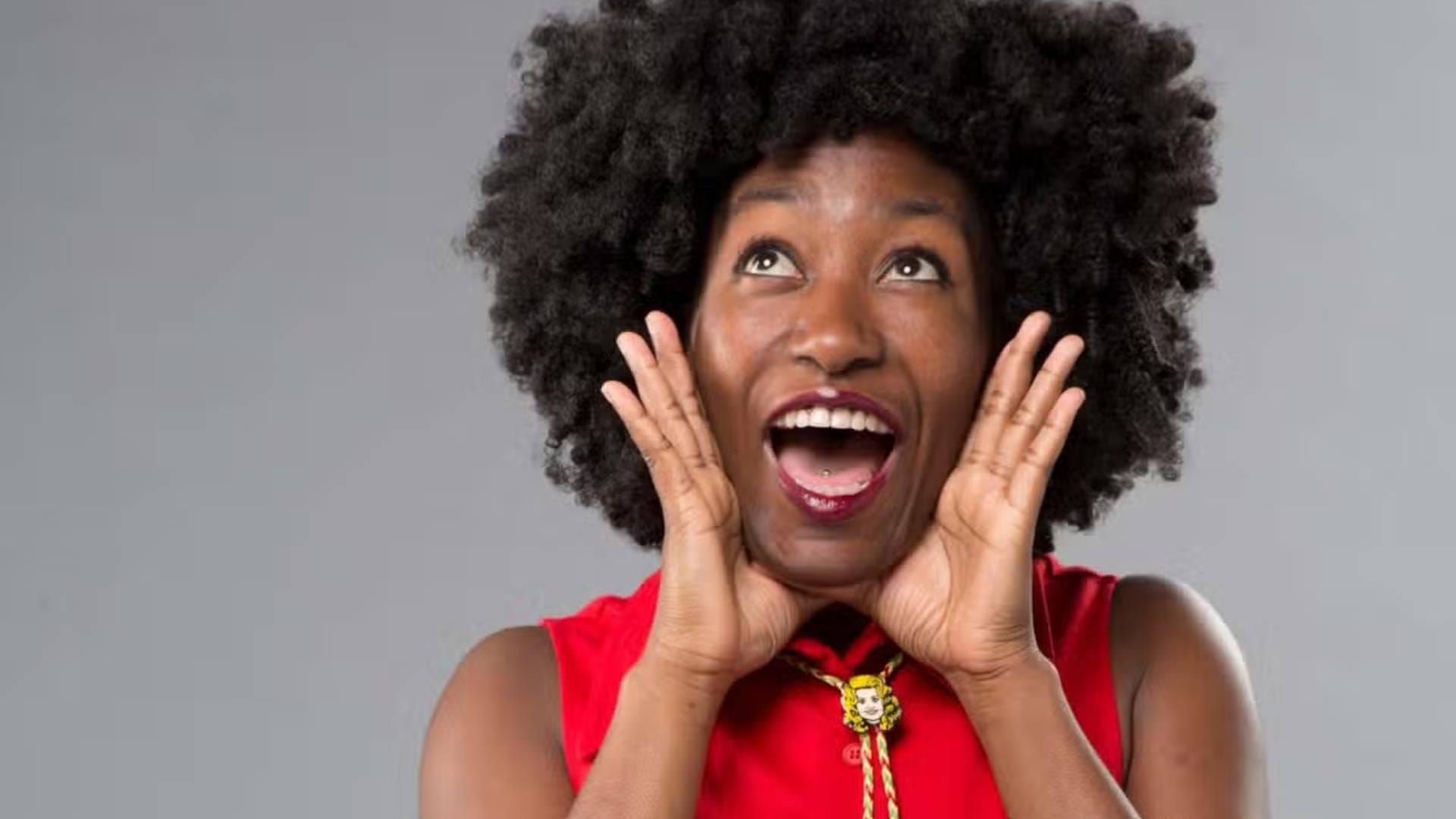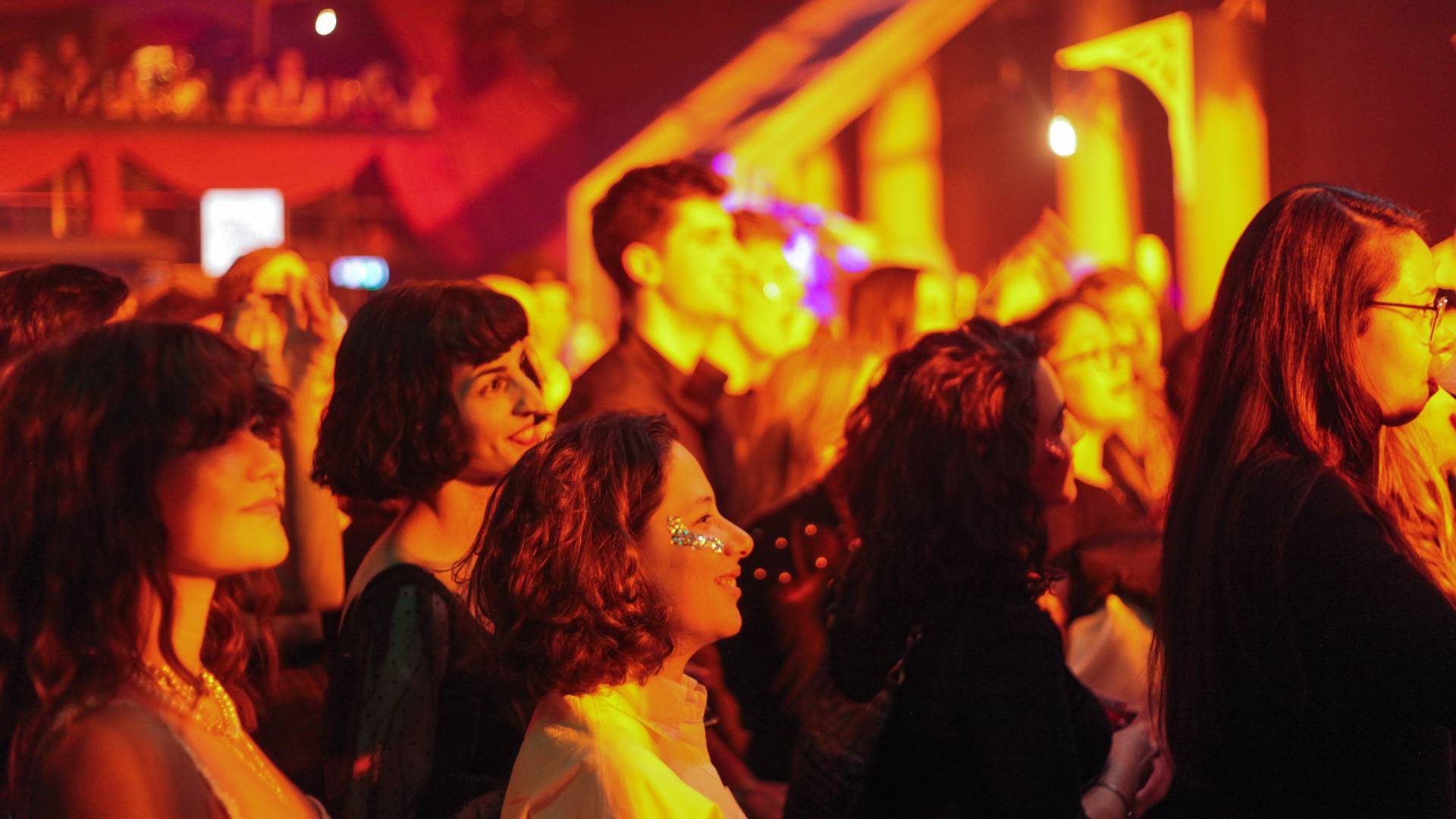Counting Sheep is a unique artistic collaboration between Mark and Marichka Marczyk, whose lives changed forever while fighting for freedom and love on the barricades of Maidan Square in Kiev, and Natalia Kaliada and Nicolai Khalezin, whose struggles with the repressive dictatorship in Belarus are well documented. This joint theatrical statement, from people who have been through real life and death situations, makes for an explosive stage experience.
You’ve brought Counting Sheep to headline VAULT Festival, what can you tell us about it?
It’s an immersive love story set in the heart of the 2014 Revolution of Dignity in Kyiv, Ukraine. We wanted to share what it felt like to be a part of such an intense and history-changing protest and to give Londoners a chance to reflect on their own current political situation through a different lens. It’s directed by Natalia Koliada and Nikolai Khalezin from the Belarus Free Theatre with new music by Balaklava Blues (whose members are our main protagonists– it’s our story!).
Why did you want to tell your very personal story on stage?
Because we realized that people could see themselves in us. We avoided telling this story for several years even though we’ve been staging Counting Sheep in various iterations for the past four years because we felt very self-conscious about directing energy towards ourselves when the wound is still so fresh. We really wanted to maintain respect for those that gave their lives and the plethora of other individuals and couples who survived and continue to fight, whose stories are just as interesting (it not more so) than ours. But after a lot of digging and reflecting with BFT, we understood that we could actually make the story more relatable and accessible and honest by just focusing on what we lived through. Because we are “normal” people. Our story could be anyone’s story.
It’s a very immersive piece, how have audiences reacted?
Just as in a protest, the response is varied. Some people engage right away. Others are reluctant. Some are apathetic, others giddy, others still completely resistant. Some people go through all these stages over the course of the 90 minute performance. It is really incredible for us to have successfully created a show that accounts for and nurtures all of these different types of reactions and encourages reflection both within the show and long after it’s over.
Why did you want music and video projection to play such an important part in the production?
We wanted people to know that this actually happened. Sure, we are in the theatre and we are all “playing” revolution, but we didn’t make this up as an exercise. There was a real revolution with real people and everything that we are presenting/representing in the show happened. Having these two things side by side– video and staging– creates a dynamic and fertile ground for audience reflection.
As for music– we are musicians. We understand the world through music. We explore and express what we live through most vividly through music and we believe that music is crucial when you are trying to express something intangible. Long after the show is over, we also wanted our audience to return to the music of balaklava blues.
Why do you think this show resonates in Brexit Britain?
Ukrainians fought and died and continue to fight to be part of a value system that Britain gave up on voluntarily. We know that there are many variables at play and that this is a grave oversimplification, but it a useful starting point for a deeper more pointed conversation that we believe people here are ready to have and maybe even act on.
What would you say to anyone thinking of coming to see Counting Sheep?
You have one week left and there are limited tickets! Oh, and Marichka and I also decided to have two concerts of Balaklava Blues on Friday and Saturday at 9:30 after Counting Sheep. It’s a deep Ukrainian etno-bass party. It will also be the last time for a while to hear our music and extended story for a while so grab your tickets soon!
Image courtesy of Nicolai Khalezin

















